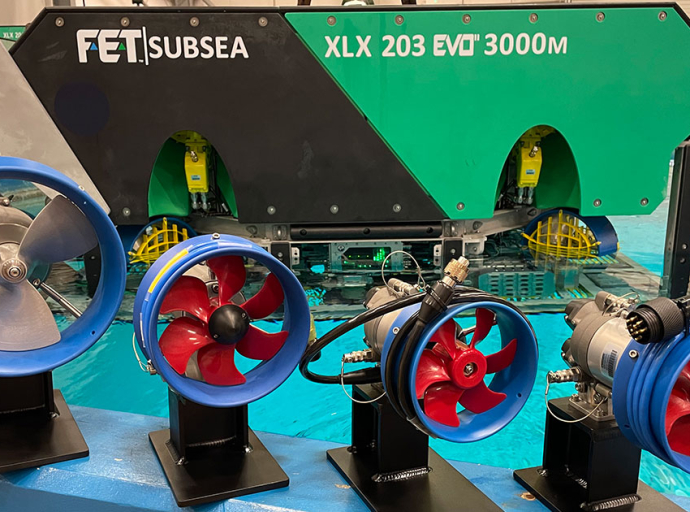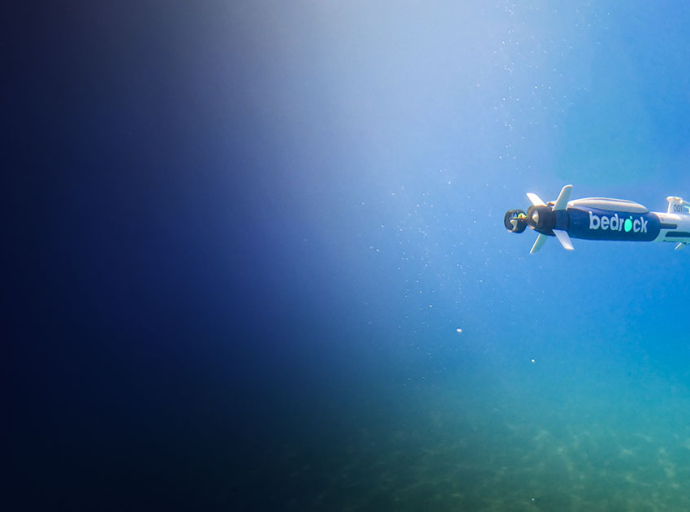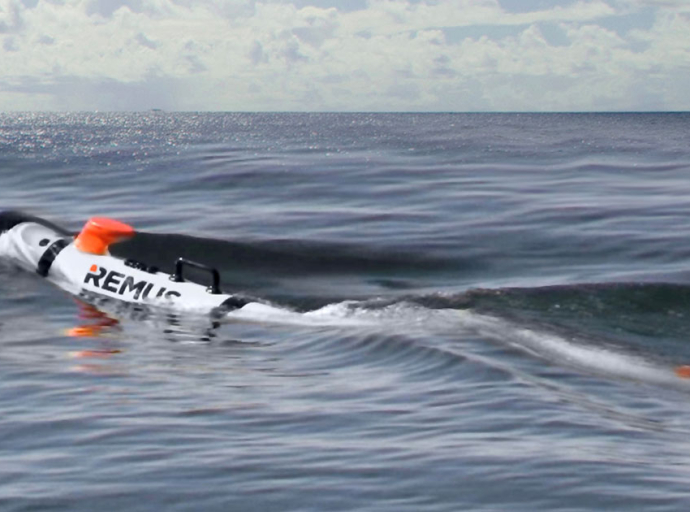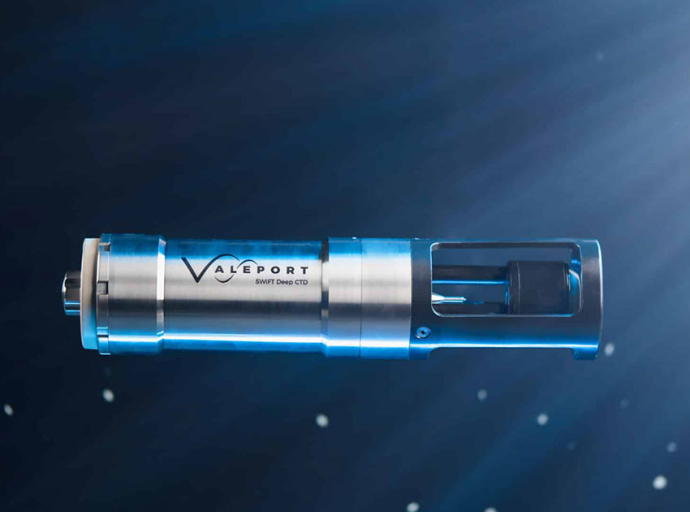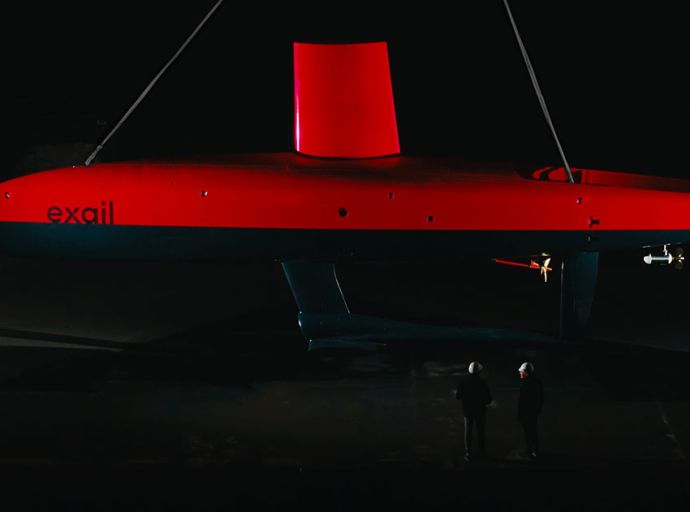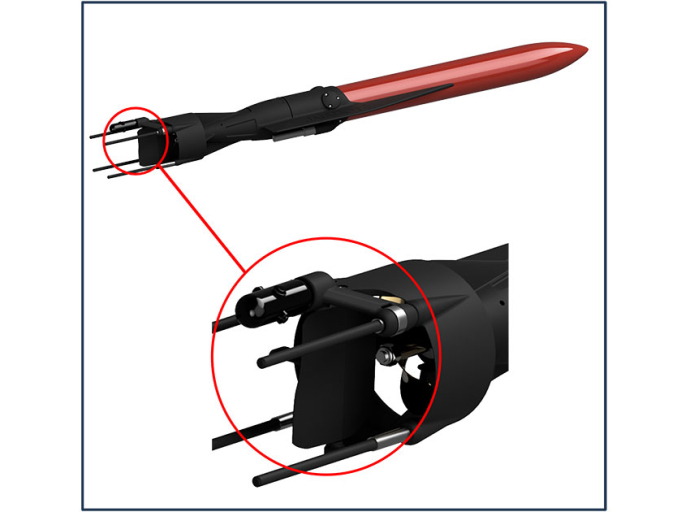Groke Technologies has welcomed the energy saving performance of the world’s first vessel fitted with BAR Technologies’ wind propulsion system WindWings®, which charterer Cargill said has achieved equivalent fuel savings of 3t per day.
Science & Technology
All Stories
Forum Energy Technologies’ (FET) announced that its Subsea Technologies product line executed a memorandum of understanding (MoU) with an underwater inspections provider, SAFEEN Survey & Subsea Services (SAFEEN), to collaborate on the development of cutting-edge electric thrusters for remotely operated vehicles (ROVs).
Exail has concluded its first sale of the Phins 9 Compact brand-new compact high-performance Inertial Navigation System (INS) to Bedrock, a leader in underwater data acquisition platforms. The Phins 9 Compact INS will be integrated into Bedrock’s new autonomous underwater vehicle (AUV), marking a significant advancement in navigational accuracy and operational efficiency.
Kongsberg Discovery, a world leader in oceanographic instrumentation, is looking to spearhead the evolution of the ADCP market with a new product innovation that mixes flexibility, simplicity, and high-resolution performance. The CP333, launched at Oceanology International 2024, delivers precise current and DVL (motion) measurements in challenging, dynamic environments such as coastal waters and around ocean wind installations.
Metron Inc. (Metron), a trusted provider of advanced research, scientific, and software solutions for government and commercial markets, is pleased to announce the signing of a partnership agreement with Cellula Robotics, USA Inc. (Cellula), to expand uncrewed underwater vehicle (UUV) capabilities for advanced operations in dynamic environments.
- New Hyperion Crude Oil – the latest addition to the optical sensor range detects concentrations of dissolved oil in water – launches at Oi24
- SWiFT Deep CTD – recent addition to the range of SWiFT profilers providing CTD measurements to depths of 6000 m ON&T
Exail, a leading provider of maritime autonomy solutions, has unveiled its new transoceanic Uncrewed Surface Vessel (USV), the DriX O-16. Benefitting from an autonomy of 2,500 Nm and a unique naval architecture that enables the USV to withstand the most severe ocean conditions, the new DriX O-16 has been designed for long-duration operations (up to 30 days) and can deploy multiple payloads and subsea assets.

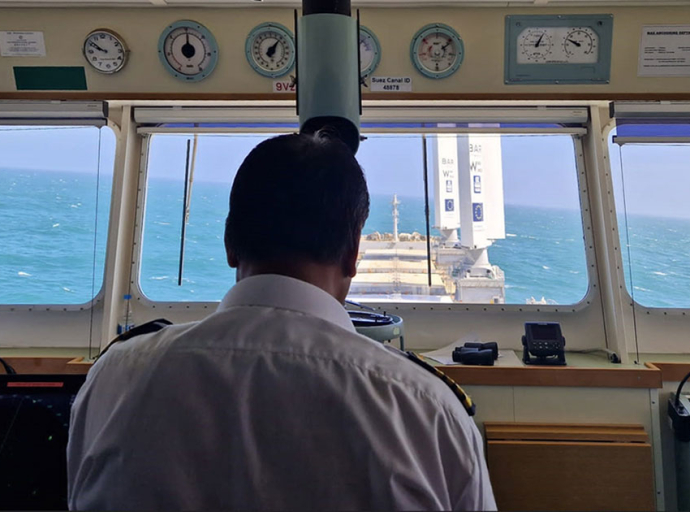
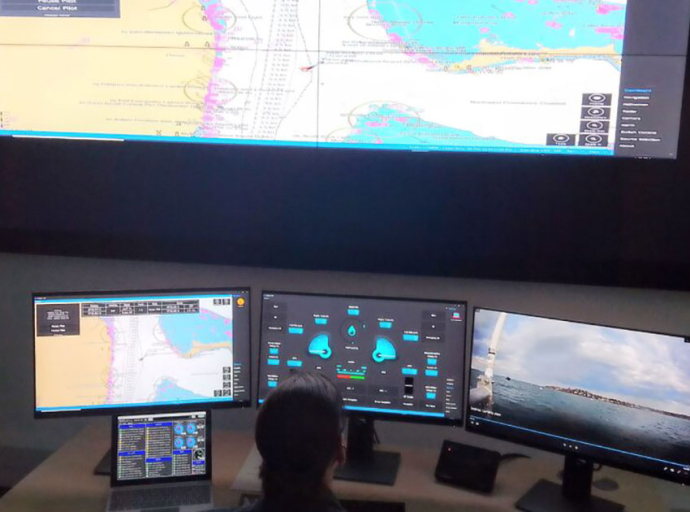
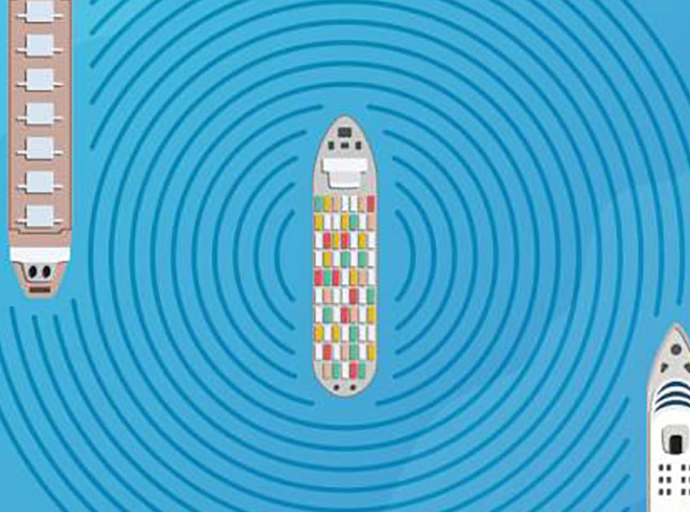
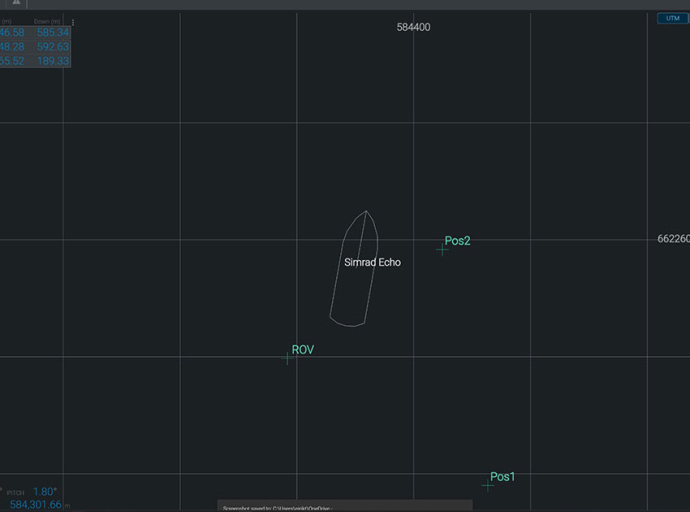
_thumbnail.jpg)
